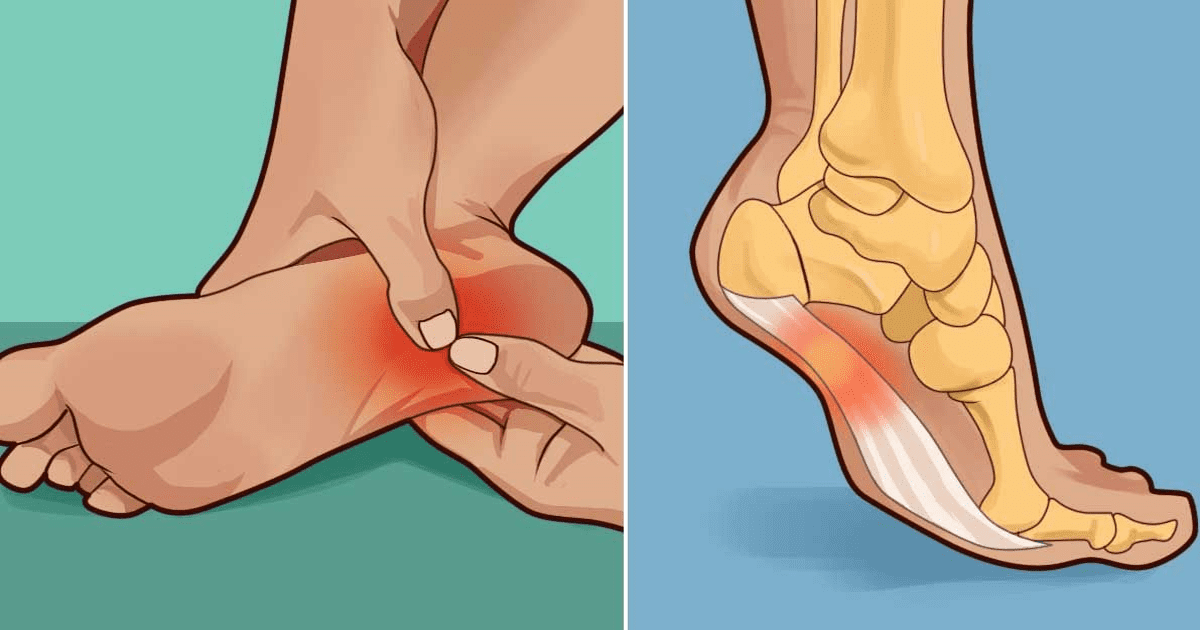Rosehip seed oil is becoming the next popular miracle beauty product. It’s made from pressing seeds of wild rose bushes that grow in Chile and surrounding regions, has been used since ancient times by Mayans, Egyptians, and Native Americans for its healing powers. Pure rosehip oil comes out the reddish amber color with a lightweight texture to it which doesn’t leave behind any mess when applied onto skin or hair. Let’s look at some benefits you can obtain from this amazing plant oil!

What Does Rosehip Oil Contain?
Rosehip oil is extremely beneficial for the skin and has anti-aging properties. It contains omega 3, 6, and 9 fatty acids which moisturize dry skin while protecting it from environmental damage – leading to the improved overall health of your complexion! Rosehip oil also includes phytosterols that help reduce tissue damage as well as protect against free radicals in our environment – allowing you to age gracefully with a more youthful appearance.
Rosehip oil and seed extract are rich in vitamin C, which has both antioxidant and anti-inflammatory properties. It also contains pro-vitamin A, a beta carotene that rejuvenates skin cells to help reduce wrinkles and age spots.
With its high vitamin content, rosehip oil has been found to have several beneficial properties that make it a popular ingredient in hair and skin products. Not only is this oil excellent for preventing environmental damage such as sun exposure or pollutants but also helps improve the overall health of the skin.
Rosehip Oil Benefits For Skin

1. Scars And Stretch Marks
Rosehip oil can help to fade and heal scars. Rosehip has been found in one study to reduce scar tissue on patients suffering from traumatic injuries such as burns or surgery over a two-year period. The unsaturated fatty acids found within rosehip oil are credited for their healing effects which include increasing collagen production and reducing stretch marks through increased elasticity.
2. Premature Aging
A study showed that rosehip oil can reverse the signs of premature aging by improving skin elasticity, tone, and texture. The effect is attributed to its vitamin content and fatty acids. Subjects reported smoother and fresher-looking skin as fine lines wrinkles brown spots diminished over time with the use of rosehip oil.
3. Eczema And Dermatitis
Rosehip oil is a natural moisturizer and great for soothing symptoms of eczema, psoriasis, or dermatitis. Although it’s not meant to replace medication entirely, applying rosehip on the affected areas can offer excellent supplementary help.
4. Acne And HyperPigmentation
For acne-prone skin, using a few drops of rosehip oil daily can reduce the chance of breakouts. Its anti-microbial properties also help fight off acne-causing bacteria and its soothing effects prevent irritation from active bouts with acne. However, if you’re experiencing an active bout of pimples or blemishes do not apply directly to your face as it may cause irritations in some people.
Rosehip oil may be helpful to heal acne scars and blemishes. In animal studies, rosehip has been found as an inhibitor of skin pigmentation. Although research is yet to explore how rosehip would help reduce hyperpigmentation in human subjects, it can also prevent breakouts when used daily on the face due to its lightweight nature that won’t clog your pores.
5. Sunburn And Sun Damage
Rosehip oil is rich in retinoic acid and can help reverse skin damage from sun exposure. It helps shed dead cells on the surface of your skin to improve collagen production that combats everyday sun exposure like burning or tanning. Rosehip isn’t a sunscreen though – it’s meant for after prolonged sunlight use! Apply rosehip oil daily by massaging into face and neck areas with most UV radiation.
6. Dull Complexion
Rosehip oil helps refresh the skin and make it look fresh. It contains high levels of beta-carotene, which is great for rejuvenating tired-looking skin with its anti-oxidant properties.
7. Winter Skincare
Winter weather can be brutal on the skin, causing it to crack and dry out. Rosehip oil is an effective way to combat this issue by adding some moisturizing power into your routine. Use a few drops of rosehip oil in places where you often experience rough patches or cracks like on lips, feet (particularly heels), elbows, and around nails that are brittle because they tend to break easily during cold months.
How To Use:
Rosehip oil is often packaged with a dropper, which makes it easy to dispense 3-4 drops on your fingertips and massage the product into your face. You can also add some rosehip oil in the bath for extra moisture!
Rosehip Oil For Hair Benefits

The fatty acid and anti-oxidant content of rosehip oil make it an elixir for your hair.
8. Dull Hair
The oil is known to moisturize hair, bring shine and nourish damaged or brittle hair.
9. Dandruff
Researchers have found that rosehip oil for hair can reduce dandruff and scalp itchiness. In addition, it has been shown to protect chemically treated hair from damage.
How To Use:
Rosehip oil can be applied to your hair before or after a wash. Using slightly warmed rosehip oil, massage it onto your scalp for about five minutes, and then let the product sit on there for an hour before washing off with shampoo. After air drying, you should notice that your hair feels softer and smoother than ever!
A post-wash serum can be made by simply massaging rosehip oil along the length of your hair when it is damp. This will help reduce frizziness that may occur during hot and humid conditions.
Side Effects Of Rosehip Oil
Despite the fact that rosehip oil has a number of benefits, there is no recommended dosage for skincare or haircare. Some possible side effects are rashes, watery and itchy eyes, dizziness, and chest discomfort; we recommend doing a patch test before adding this ingredient to your regular skin regimen.
Rosehip oil, known for its high vitamin C content and multiple benefits on the skin when applied topically, can cause problems in digestion after it is swallowed. The highly concentrated form of this supplement should be avoided by children as well as pregnant or lactating women due to potential side effects that could affect their health.
Things To Keep In Mind While Using Rosehip Oil
-If you want to reap the benefits of rosehip oil, make sure your product is certified 100% organic. Pesticides in non-organic oils could cause adverse effects on the skin.
-To prolong the shelf life of rosehip oil, store it in a cool, dark place, or even better, put it in your fridge.
-Rosehip oil is most effective when it has not been subjected to heat because its properties and nutrients have not changed.
If you know someone who might like this, please click “Share”!


